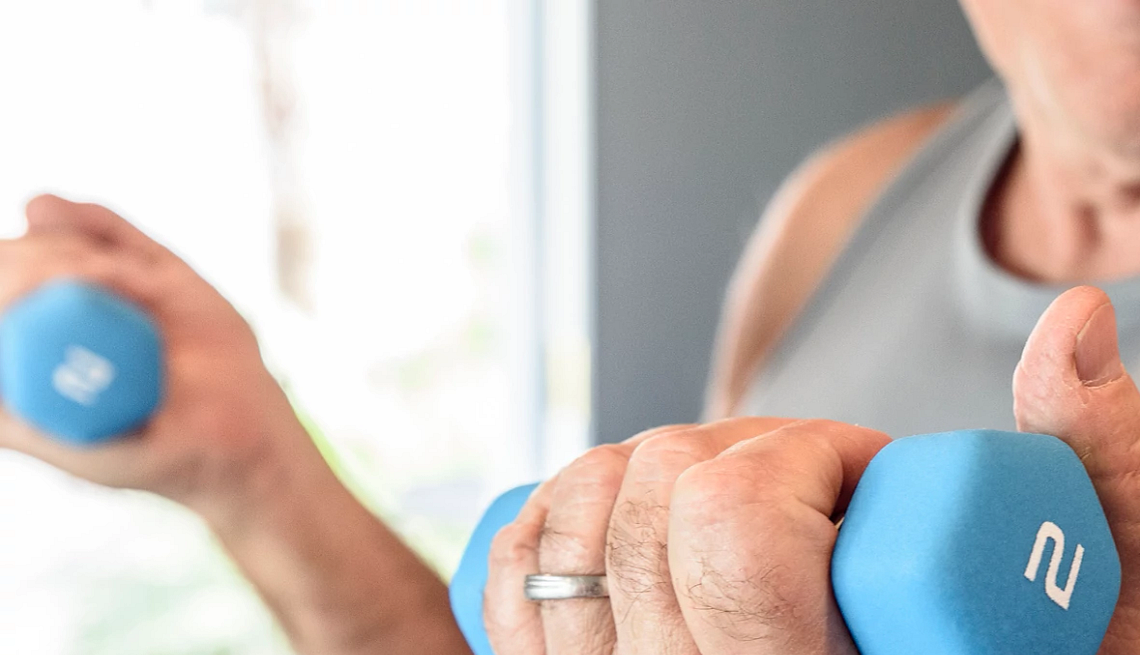Play all audios:
2. HEART HEALTH DETERIORATES At 60, it’s not uncommon for your blood vessels and arteries to stiffen, which means your heart has to work harder to pump blood through them. To accommodate the
increased workload, the heart muscles change. And although your resting heart rate — the number of heartbeats per minute when you’re doing nothing — doesn’t really change with normal aging,
your heart won’t beat as fast during physical activity or when you’re stressed. All of the above increases your risk for high blood pressure (hypertension) and other cardiovascular
problems. “Regular exercise, following a healthy diet and managing your blood pressure when you’re young helps your heart develop resilience so that if something does happen — like stress, a
blockage, or you’re taking medicine that causes you to have fluid on your heart — it’s either lessened or you don’t experience symptoms at all, ” says Kenneth Koncilja, M.D., a geriatrician
at Cleveland Clinic and assistant professor of medicine at Case Western Reserve University. “Your whole cardiovascular system will be more resilient.” 3. MUSCLE MASS DECLINES Muscle mass
and strength peak in your early to mid-30s, but then after that they begin to decline — slowly at first, and then faster after the age of 60. Sarcopenia, or age-related muscle loss, “is the
single most critical contributor to loss of independence as we get older,” Koncilja says. “In health care, we’ve done a huge disservice to our patients over the last 30 years with such an
overemphasis on cardio and so much reliance on BMI [body mass index].” That’s not to say you should give up endurance exercise. But “strength training is very important for everybody,”
Koncilja says. “I have patients who are exercising and working out in their 80s and 90s who have less chronic disease and are more independent. People with memory problems and dementia, we
don’t have a treatment, but we know that one intervention slowed progression, and that was exercise.” There is a secret to aging well, no matter the actual age. “It’s maintaining activity —
cognitive, physical, social,” says Angela Catic, M.D., associate professor of geriatrics and palliative medicine at Baylor College of Medicine and associate chief of staff for education at
the Michael E. DeBakey VA Medical Center. “These are the things we can do to live longer, more functional healthy lives while we learn more about what’s going on metabolically that we may
or may not have the ability to impact,” Catic says.

